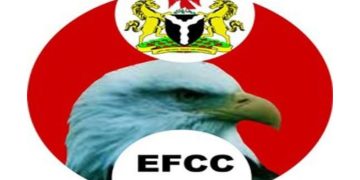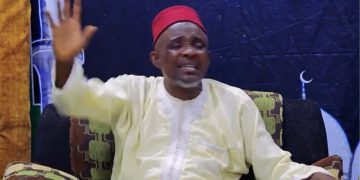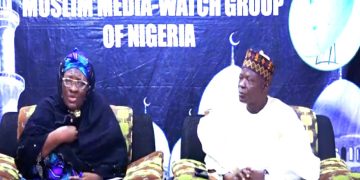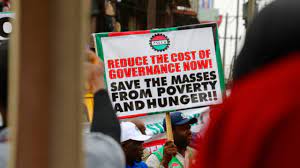A Human Resources Management Expert today faulted the on-going strike/labour protests in Nigeria saying it is unfortunate that Labour Unions under NLC and TUC took to streets to protest against withdrawal of fuel subsidy payments by the new Administration of President Bola Ahmed Tinubu.
Reacting to the matter today in Ilorin – the Kwara State Capital – a Human Resource Management Consultant and Former Director in Kwara State Public Service Alhaji Ibrahim Abdullahi said the basis of the protest by the Labour Unions is to criticise the subsidy withdrawal and reject the palliatives offered by the Federal Government, adding that they have taken a wrong approach to address the issue.
According to him, ‘this approach is condemnable because as patriotic Nigerians we must all solidarise in fighting corruption that have characterised our economic sphere worsening lives of ordinary and poor Nigerians’ pointing out that withdrawal of subsidy payment as taken by Tinubu Administration was the best for the Country.
Rather than going on streets in protest, the Labour supposed to be partners in progress with the Federal Government to fish-out the ‘cabals and cartels’ that have held Nigerians into ransome on its hard-earned economic benefits. He therefore said that protesting over withdrawal of subsidy payments gives negative impression about the Labour that probably the cabals benefitting from the subsidy are the ones sponsoring them against the Government.
He called on Labour and Industrial Unions to come-off Nigerian streets and return to negotiation table with Federal Government; adding that strikes and protests would only worsen the situation.
Alhaji Abdullahi Ibrahim who is a Fellow of Chartered Institute of Personnel Management of Nigeria (CIPM) however advised the Federal Government to choose a better process of channelling the proceeds of withdrawal so asv to really benefit Nigerians. According to him, certain percentage of the money accruing from the subsidy withdrawal should be set aside to assist Manufacturers to rescusitate their Factories in form of loans without interest – so as to provide employment for jobless youths, while greater percentage of the funds for re- activating our Refineries and strengthening transformation of adoption of gas as alternative source energy.
He condemned State Governments owning salaries, pensions and gratuities to public servants without paying those debts, adding that future disbursement to them should be targetted on that, or such gesture should be stopped from reaching them.
He also advised the FG to reduce cost of governance in the Executive and Legislature pointing out that too many political Aides and replacement of vehicles every election period is wasteful and condemnable.
He commended President Bola Ahmed Tinubu on his courageous step in taking the painful action of subsidy withdrawal but advised that there is need for probe of past subsidy payments to know the beneficiaries of illicit funds payments for prosecution and refund of such funds.
The HR Management Expert also called on Tinubu Administration to benchmark bailable economic offences and abolition of Plea Bargaining totally in Nigeria if ‘we are truly sincere in fighting corruption’ in Nigeria.
Alhaji Abdullahi Ibrahim also noted that privatisation of NNPC has not translated to meaningful benefits economically to Nigerians simply because the leadership and manpower in the System have remained the same. He called for holistic supervision of CBN monetary and policy activities from time to time pointing out that the current naira devaluation and rising cost of dollars have placed too much burden on the Government and people of Nigerians; adding that there is nothing wrong in sharing ideas with other oil producing Nations that are doing well so as to improve our economic fortunes and running our Administration better.
On increase in salaries, the HR Expert said it was necessary but there must be increase in pensions for senior citizens too as well as turning Nigeria to producing and exporting Nation instead of constantly importing goods instead of exporting.









































